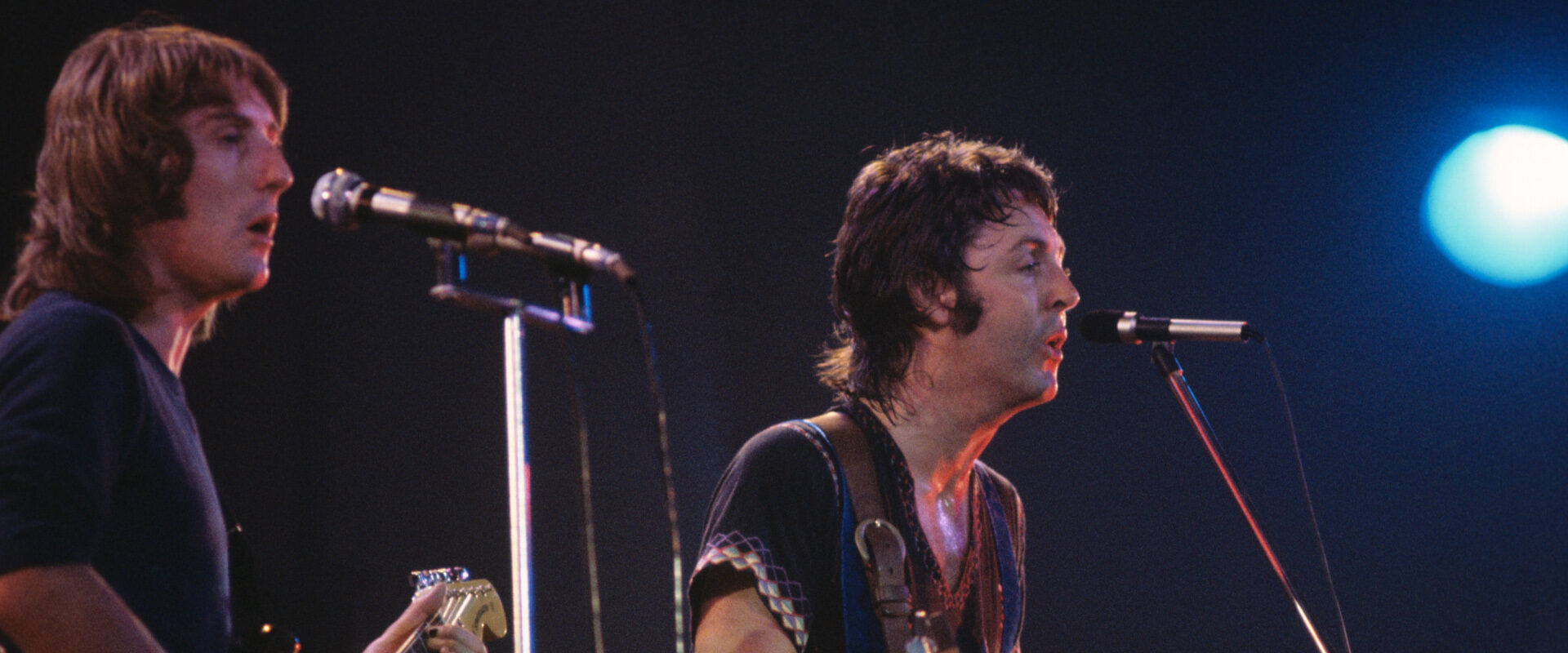Nobody ever said that a Grammy voter’s job was going to be easy. To be fair to them, they’re voting without the context that the passing years provide. They don’t know how well certain pieces of music are going to hold up. We’re looking back at the 1975 Album of the Year battle. Stevie Wonder won the award for Fulfillingness’ First Finale. After a fresh listen to the five nominees, we’re rendering our judgment on whether that was the right choice.
‘Back Home Again’ by John Denver
Denver was right about at the peak of his soft-rock popularity when he released this album. Grammy took note. And it is certainly one of the high points of his esteemed catalog. He had already achieved success with a live version of John Sommers’ “Thank God I’m A Country Boy”. Here, he gives it an energetic studio reading. The hit “Annie’s Song” is a bit soppy. If you look deeper into the album, songs like “This Old Guitar” and the title track actually do a better job of articulating Denver’s favorite themes without getting too glossy.
‘Caribou’ by Elton John
Grammy voters had missed out on nominating some stellar Elton albums of the previous years, such as Madman Across The Water and Goodbye Yellow Brick Road. Perhaps they were trying to rectify it with Caribou. John and producer Gus Dudgeon haven’t always been kind in their assessment of the record. They regretted that it was dashed off so hurriedly. Granted, some of the album tracks are pedestrian (although “Grimsby” is fun). But you can’t knock an album containing the stellar twin poles of “The Bitch Is Back” and “Don’t Let The Sun Go Down On Me” too much.
‘Court And Spark’ by Joni Mitchell
This album represents the sweet spot in Mitchell’s transition from acoustic-based folk singer to adventurous jazz chanteuse. She even started to bend pop audiences to her will. “Help Me” and “Free Man In Paris” don’t skimp on the off-kilter chord changes. And yet they became universally beloved tracks. Mitchell mesmerizes on a low boil on the title track. Later, with help from Robbie Roberton on guitar, she rocks with abandon on “Raised On Robbery”. Meanwhile, “People’s Parties” offers both a trenchant character sketch and a pointed commentary on the LA social scene all at once.
‘Band On The Run’ by Paul McCartney and Wings
McCartney had taken his share of criticism, much of it unwarranted, for the first few releases of his post-Beatles career. But nobody, not even the Grammys, could deny the singular achievement of Band On The Run. And it had to be an especially sweet triumph for McCartney, since he had made it in such difficult circumstances (diminished band lineup, makeshift recording conditions, armed robbery of working tapes). The title track starts things off on a seemingly unmatchable note. And then he goes out and matches it again and again.
‘Fulfillingness’ First Finale’ by Stevie Wonder
At the time, Wonder joined only Frank Sinatra as a consecutive winner of this award, doubling up after Innervisions had done it the year before. For our money, Talking Book, which preceded those two, was a little better, although Songs In The Key Of Life, batting cleanup in that incredible stretch, raised the ante even higher. This particular LP is alluring but somewhat slippery, as Wonder gets a bit lost in abstraction. But what high points, including the mournful “They Won’t Go When I Go” and the fierce “You Haven’t Done Nothin’”.
The Verdict
It comes down to McCartney vs. Mitchell. Band On The Run, Macca’s finest post-Fab Four LP, gets the call by a nose. And we pity those Grammy voters, because it was a brutally tough call after all.
Photo by Gijsbert Hanekroot/Redferns

